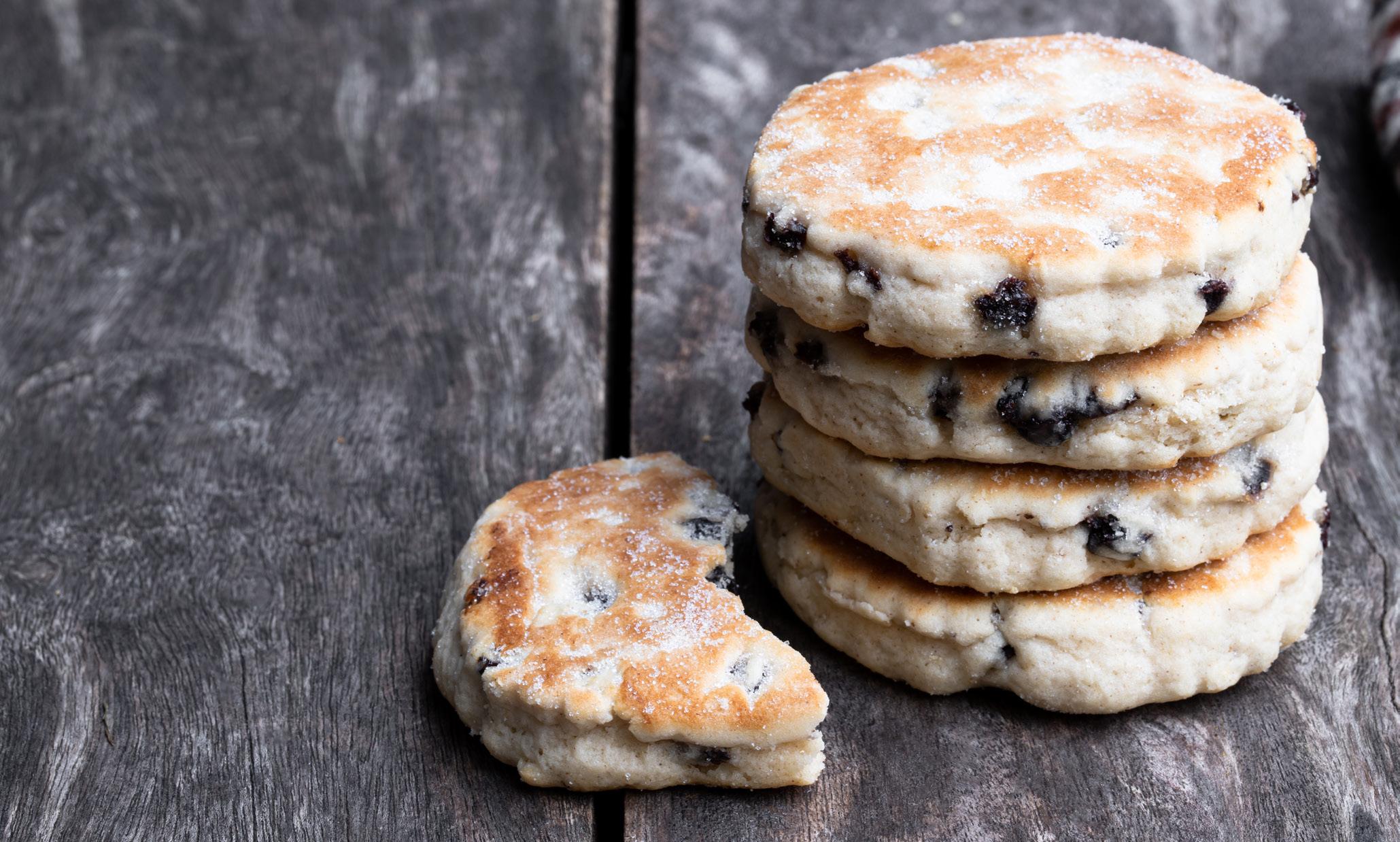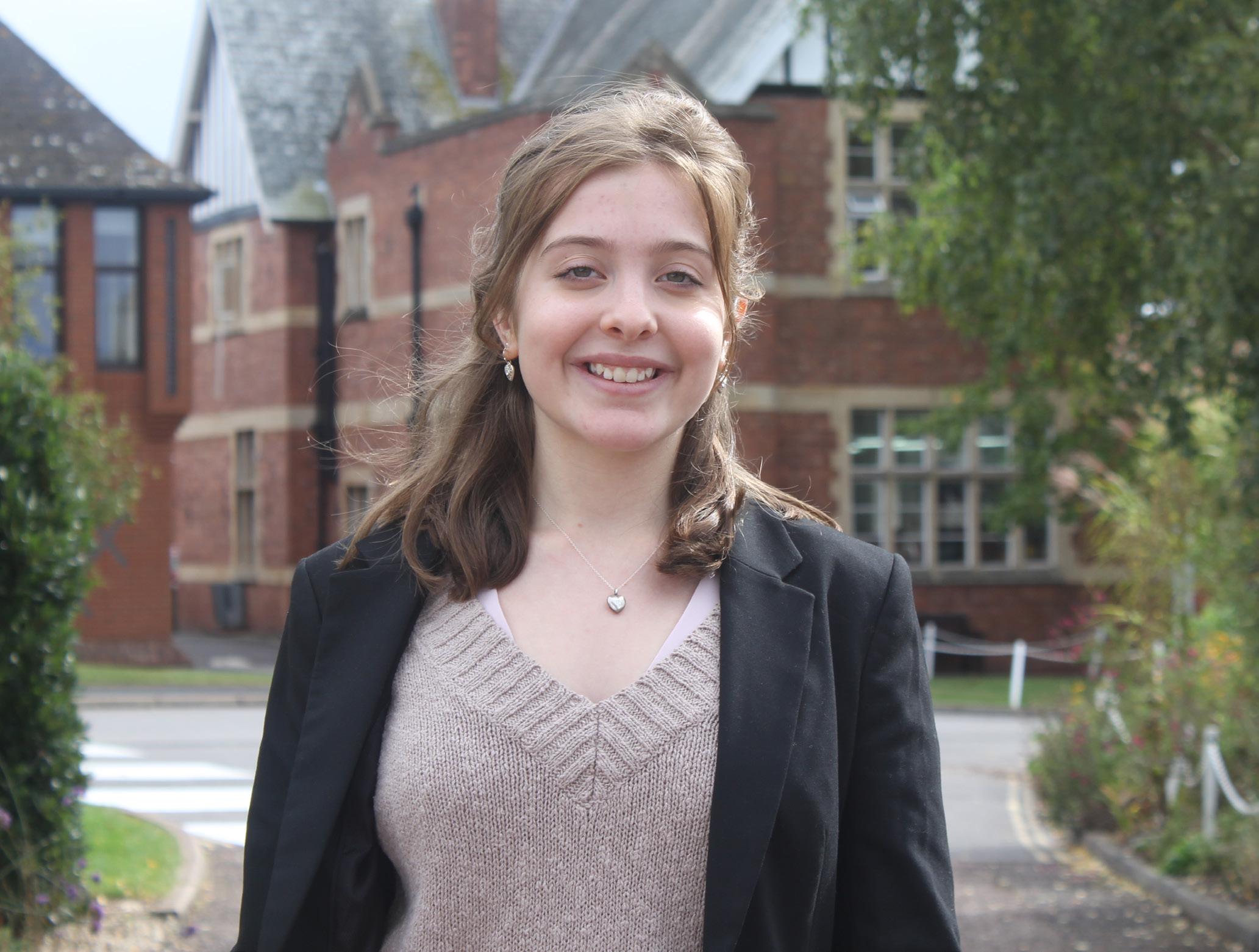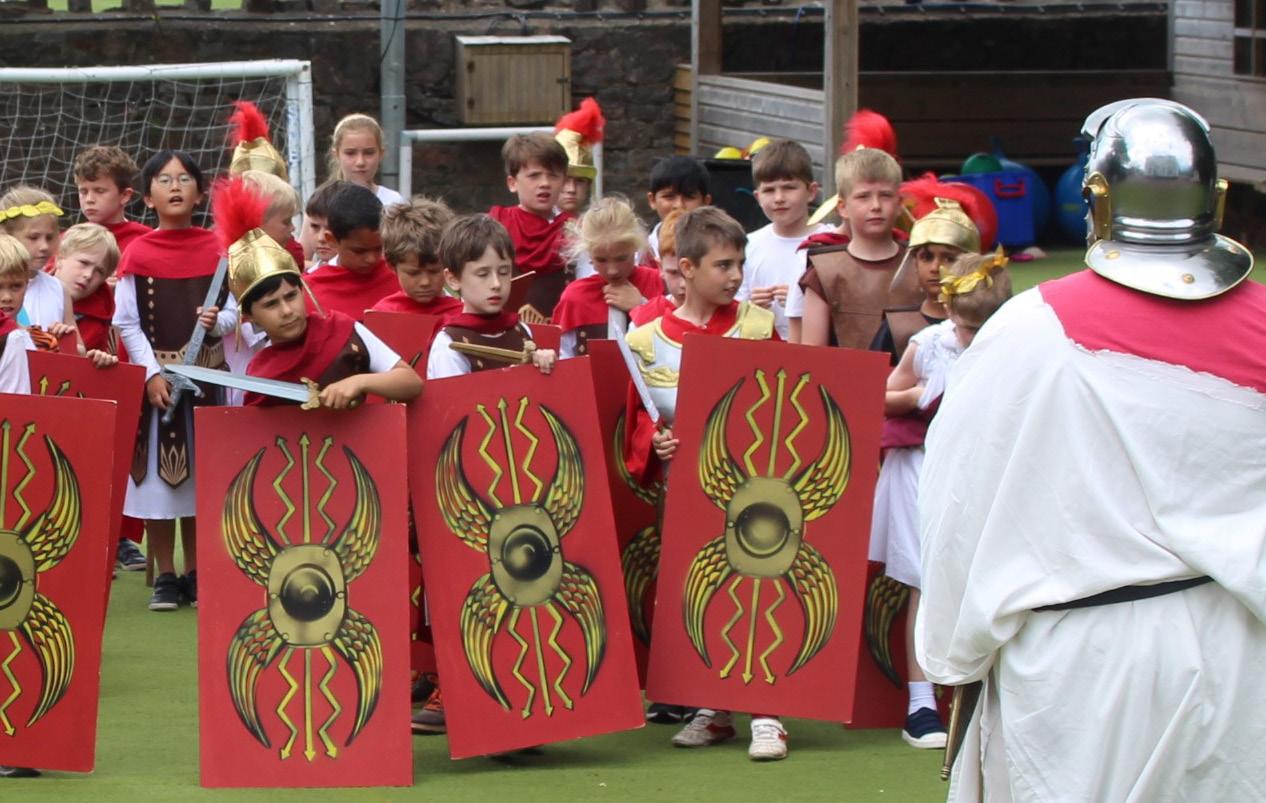OPINION
TO MEAT OR NOT TO MEAT? THAT’S YOUR ETHICS
Since our primeval ancestors, humans have been eating animals to survive. But today, is the consumption of animal produce really a necessity of life, and does the environmental impact outweigh the benefits of eating meat?
I
personally follow a vegan diet so as to not contribute to the mistreatment of farm animals in the meat, dairy and egg industries. Likewise, livestock farming produces 18% of all man-made greenhouse gas emissions worldwide (theconversation.com) and 2,500 gallons of water is used to produce one pound of meat but only 25 gallons to produce a pound of wheat (peta.org), surely this suggests that plants are a more sustainable form of nourishment, as well as being produced more ethically. We asked music teacher Mr Brimelow, who led our EcoSoc group, about his meat consumption. He explained: “I don’t eat much meat at all. I generally eat meat as part of a meal, like chorizo for example, but not often a piece of meat like steak.” He has no ethical objection to using ‘animals for meat’ but became a vegetarian at the age of 16 as a ‘response to the meat industry’. He supports the local butcher and hopes that ‘the industry becomes more local and returns to what it used to be: ‘a treat’, for example, “roast dinner was often a celebration”’. He hopes that meat will stop being “taken for granted” and he thinks that the pandemic has shown this as “people are trying to be healthier and are realising that things have to change.” Lower sixth pupil, Roxy Burrage, has been a vegetarian for two years because of her concerns about animal welfare: “It was something I had wanted to do for a while and finally resolved to do it.”. She regrets very little about becoming a veggie but does confess missing “occasionally eating burgers!” and that she sometimes sees other people “eating something that looks more appealing than the vegetarian option”. According
by
NATHANIEL RODNEY-JONES
to her, the school canteen caters “pretty well” for vegetarians as “the variety is pretty good!” Emma Willson, an old Exonian and daughter of Mr Willson of our maths department, who was an “unquestioning meat-eater” for the first eighteen years of her life, believing that meat was the only source of “proper protein” and that a vegetarian diet would not “match the level of yummy goodness” of a steak or burger. Despite this, the voice in her head saying that her: “meat consumption was intuitively wrong”, “How is it right that animals suffer in battery farms for my pleasure?” and “If I can’t stand to watch what is done to my meat, how can I eat it?” While these issues were semi-resolved by free-range options, “it came to my attention a few years later that we were facing an even bigger crisis – climate change”. At this point she mentioned – wait for the wonderful pun – ‘Cowspiracy’, a 2014 film about the devastating environmental damage caused by the meat industry, such as in the Amazon rainforest where animal agriculture was responsible for 80% of deforestation. Emma reflected on how she was again reminded of this message by Sir David Attenborough in his Witness Statement, showing us what life would be like if we continue down this path, likening the potential dystopia to Chernobyl. There is still hope. Emma believes that if we can work together to change our habits, we will be able to halt the drastic effects of these natural disasters by cutting our meat consumption or eliminating it altogether. While governments have a role to lead in changes in industry, our personal actions create a groundswell at a local level.
The farming industry provides employment for 476,000 people in the UK, including the family of Katie and Beth Ledger in the Lower Sixth. Katie has a hopeful outlook on the future of animal agriculture, saying that British beef farms produce 2.5 times less carbon emissions than global averages. As a dairy farmer, she is also aware of government grants and new regulations encouraging more environmentally friendly practices, such as using solar panels and covering slurry sumps. Her family’s farm sells milk to Arla, who, like many other dairy produce companies, encourages their suppliers to be more eco-friendly. She believes that many farmers are trying to produce more sustainable products and that as consumers we also need to be aware of where we source our food in order to reduce our carbon footprint even if that does increase costs in the short-term. For a contrary opinion, Kai James, said that he became vegan because he believed that “animals also have rights and that being vegan is the single best way to be environmentally friendly”. He stressed that almost all animal products have come from animals that have, in some way, been abused by humans and that veganism is the only way not to encourage this. However, we agree that this is an area we would like to see more focus on in our daily lives. The animal produce argument is controversial, and we all have a personal choice to make, and with the consumption of animals from a live food market possibly causing a global pandemic that has killed close to 150,000 people in the UK alone, can we really not afford to reconsider our consumption of animal produce for the sake of our future? The Exonian 2021 75
















































